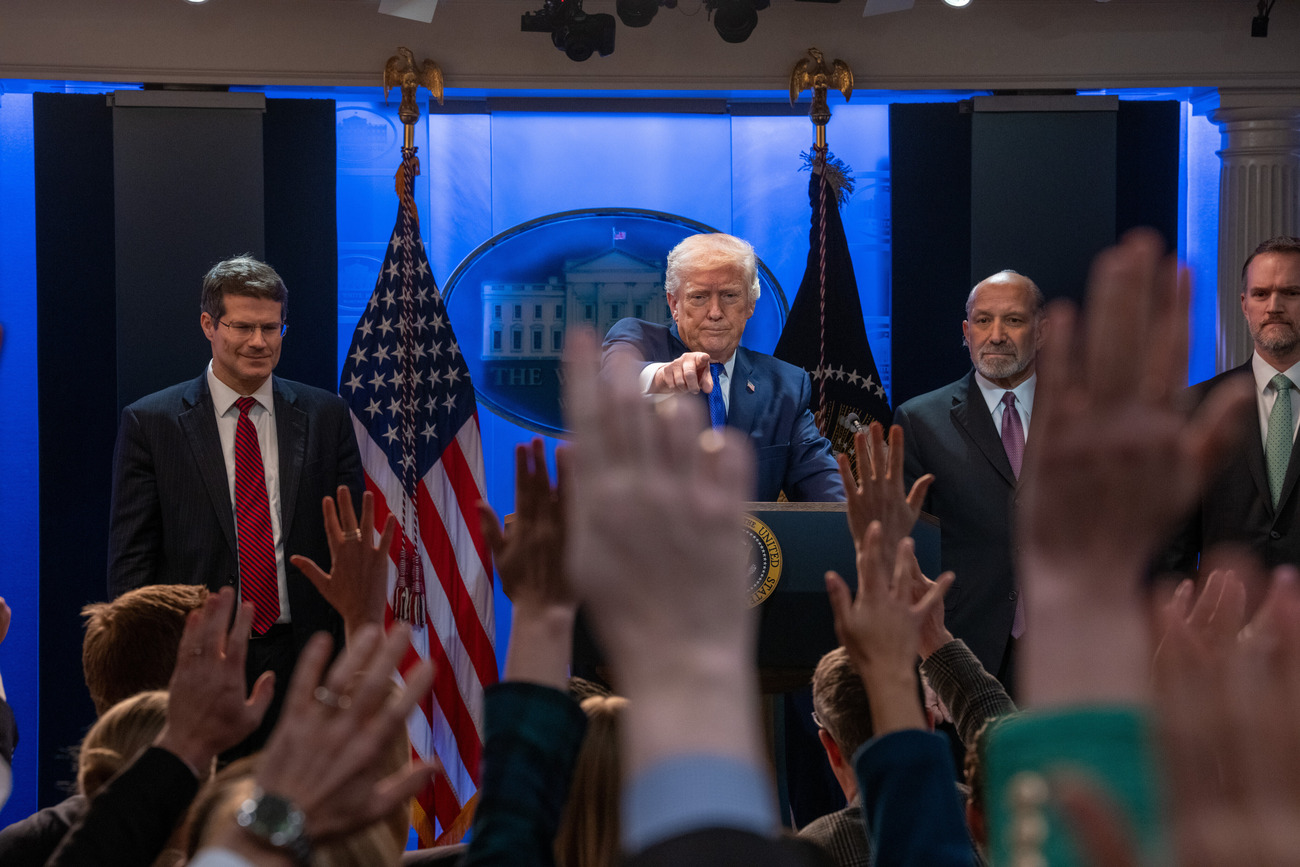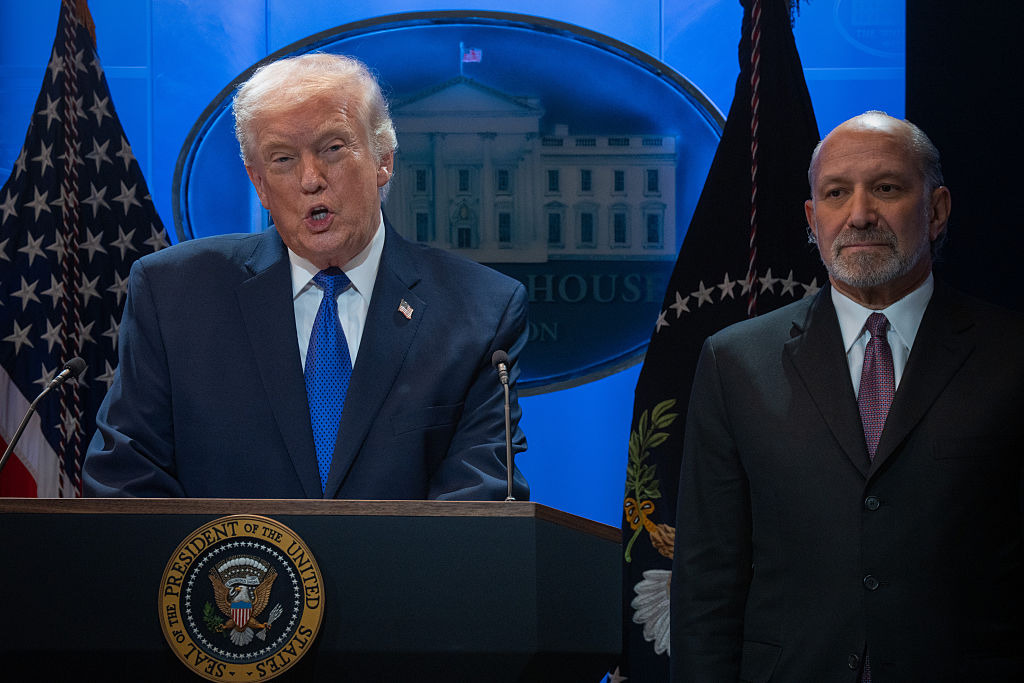The Subtle Economic Challenge of China
The Subtle Economic Challenge of China
Increased Chinese investment in Latin America presents a trade policy challenge for the United States, writes AS/COA’s Christopher Sabatini for this op-ed in The Miami Herald.
Latin America’s exports to China have jumped 1,500% from 2000 to 2010, China’s investment in Latin America jumped over 180% between 2008 and 2010, and the Middle Kingdom has displaced the U.S. as Brazil and Chile’s number one trade partner. Should the United States care?
Yes, though its response should be an economic one. And that will require tackling the U.S.’s domestic policy contradictions and opposition concerning free trade.
For one, Latin America’s trade with China echoes the “dependista” exploitation denounced by development economists 40 years ago. The bulk of goods going to China are commodities. To cite some numbers, 88% of Argentina’s exports to China, 75% of Brazil’s, 95% of Ecuador’s and 97% of Venezuela’s from 2007 to 2009 were either soy-related products, petroleum or iron ore. But since most of these exports involve little more than taking them out of the ground and shipping them, they also mean minimal employment and reduced chances for these countries to move up the development ladder.
At the same time, China’s increased share of manufactured exports globally has undercut Latin American industry--exactly the sector most needed for broad-based employment and development. According to a study published by Osvaldo Rosales of the UN’s Economic Commission for Latin America and the Caribbean which appears in the new issue of Americas Quarterly, Chinese exports have eroded Argentine, Brazilian, Colombian and Mexican market share in products such as machinery and communications equipment—not just in the United States and the European Union but in their own domestic markets as well!
China’s growing economic preeminence in the hemisphere also presents political challenges for the United States. The voracious demand for raw materials that has fueled China’s economic growth have kept commodity prices high and brought Chinese state-owned enterprises to the hemisphere. This boom in commodity exports and investment—and the concessional loans that have accompanied them—have underwritten anti-American (and ironically anti-globalization) leaders such as Venezuela’s Hugo Chavez and Ecuador’s Rafael Correa.
Meanwhile Argentina and Brazil have coasted on China’s demand for locally produced commodities. While not as aggressive in challenging the U.S., the Chinese windfall has provided these countries fiscal and reform breathing space to weather the global financial downturn and claim the (self-) righteous high ground in denouncing neoliberalism.
But China’s trade and investment have only temporarily floated these countries. Long-term economic and development logic will prevail.
This logic—proven by the East Asian tigers—is that far from hitching national economies to raw material exports, economic development requires investing in and expanding high-end industry and exports. Ultimately should Asian and Chinese demand cool--as it has already shown signs of doing in the last quarter of 2011--and, with it, the Middle Kingdom’s lending largesse, many Latin American countries will be forced to confront the necessity of promoting manufactured exports and streamlining regulatory bottlenecks. And this is where U.S. policy comes in.
Even as the U.S. finds itself taunted and thwarted by primary product-dependent countries, the northern market remains these countries’ best path out of the periphery.
U.S. consumption and production favor Latin American development. Unlike the Asian economies, the U.S. market remains a consumer of the sorts of goods that allow developing economies to move up the value chain.
This market leverage can be a trump card in U.S. regional relations. But it demands improving access to the U.S. market, both through reducing subsidies in key areas and consolidating the web of existing free-trade agreements it has in the region, from NAFTA to Chile. And it means overcoming the U.S.’s domestic deep-seated distrust of free trade and its policy of subsidies and protection.
Christopher Sabatini is Editor-in-Chief of Americas Quarterly and Senior Director of Policy at Americas Society/Council of the Americas








